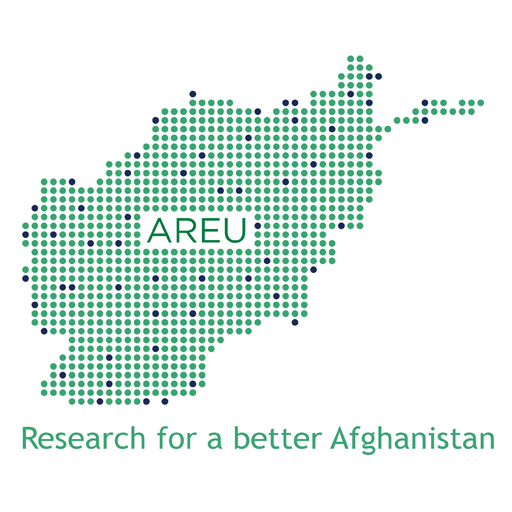
24 Jun Reflections on Gender Dynamics at Play in Rural Households
During a recent field research on informal credit mechanisms in Pashtun Zarghon District, in the western Afghan province of Herat, the interviewees reported that the majority of rural families prefer to have more girls than boys.
AREU conducted interviews for the Secure Livelihood Research Consortium (SLRC) project in Baladeh Salimi and Qazaq Sufla villages. Baladeh Salimi consists of about 120 households while Qazaq Sufla is a village of about 60 families. Both villages are located approximately an hour outside Herat City by car. Poverty is evident in both villages where agriculture and livestock are the primary sources of income.
Getting married is an expensive business in such an economic situation. The current dowry rate, according to villagers, is between USD 8,800 to USD 10,000, while the wedding party costs themselves adds substantially to the dowry. The more educated and skilled a female is, the higher the dowry rate is.
As such, marriage costs are considered to be a root cause of many social problems and challenges. In comparison to the income level of people at a village level, the present dowry rate is immense. Many families reported that they spend half of the dowry money on trousseau for their daughter’s wedding. As a female head of household told me: “I have two sons and six daughters. Three of my daughters got married a few years back when the dowry rate was a bit lower. But now I regret that, because the dowry rate has gone up so much more.â€
In terms of finance, the dowry money has significant positive impacts on the bride’s family. In some cases, the families use the dowry money for buying land or paying off debts. Initially, I was amazed to see how much families preferred to have girls than boys, but later on it became clear that they were very keen for financial reasons. Many I spoke to consider girls to be financial assets in comparison to boys who have very limited access to job opportunities and usually lack income sources. Moreover, in these villages, the boys typically are expected to go to Iran in order to work for several years and raise money for their marriages.
In fact, many heads of households in these villages, because of the challenging circumstances of rural life, value girls over boys. They consider them as valuable financial assets. More than this, many girls in settings like this are deprived of their essential rights as human beings. They are not involved in family decision making and others determine their futures. However, such circumstances for girls do not mean they are not loved as members of their families. Rather, it shows how poverty and challenging life conditions can nevertheless change perceptions. Moreover, such practices demonstrate the difficulty and complications surrounding improving women’s rights and promoting gender equality in the country. We can only achieve such equality with comprehensive approaches that address such poverty and fight harmful traditions of holding expensive marriage parties and paying huge amounts of money for dowries.
Gulsom Mirzada is a GIS Researcher at AREU, and she has a Bachelor degree in Politics, Philosophy and Economics (PPE) with a minor in Development Studies from Asian University for Women (AUW), Chittagong, Bangladesh.

